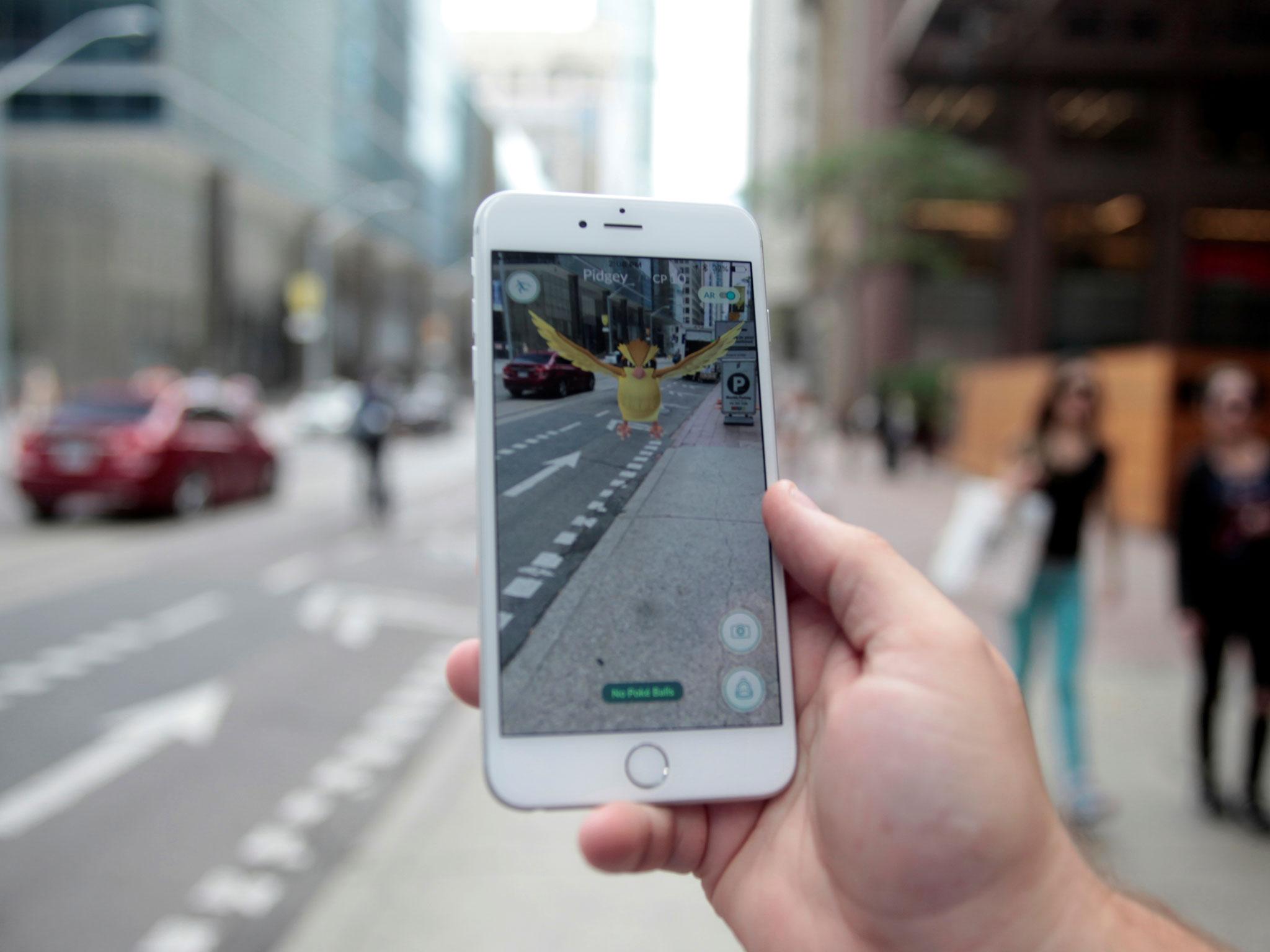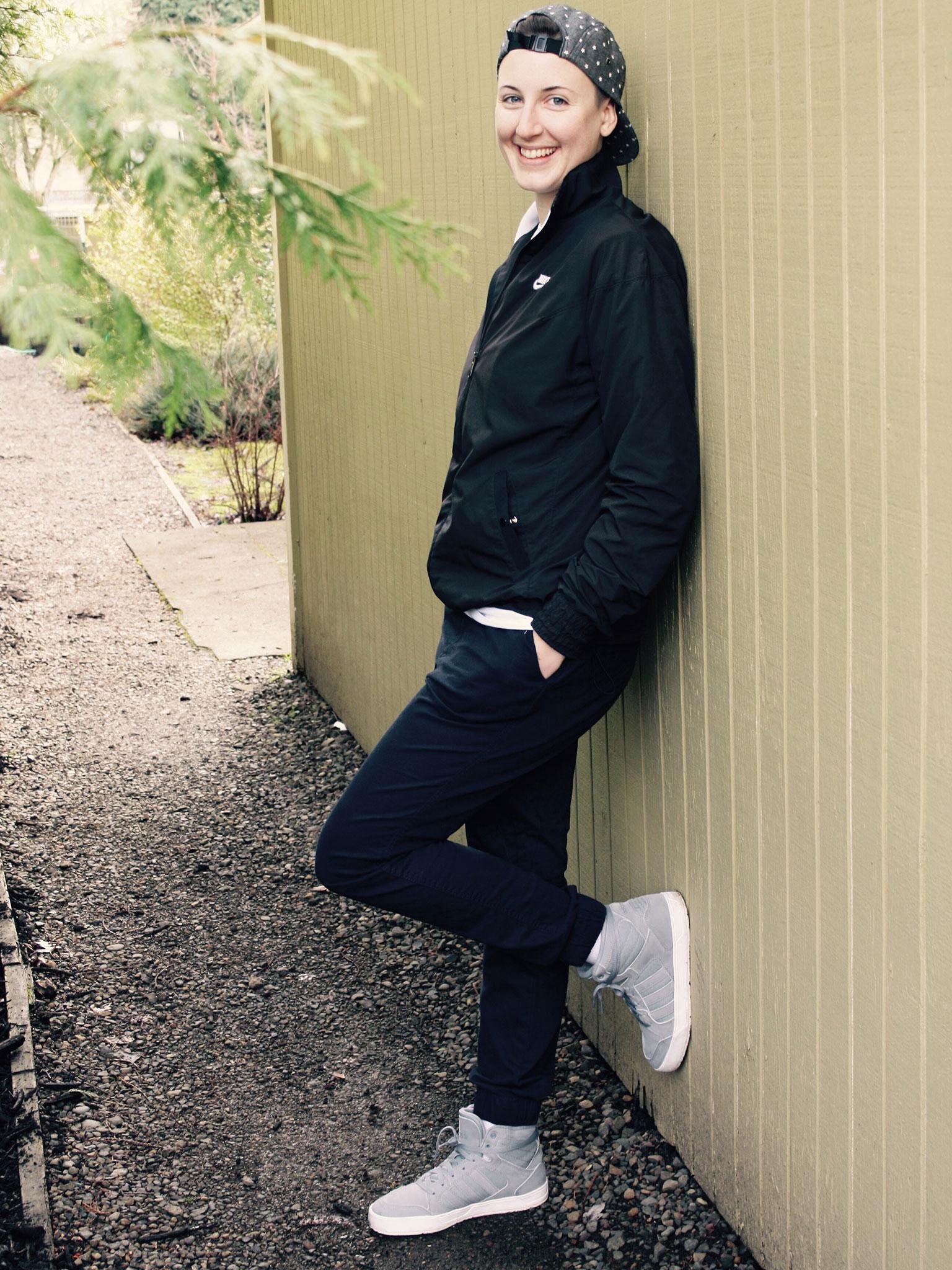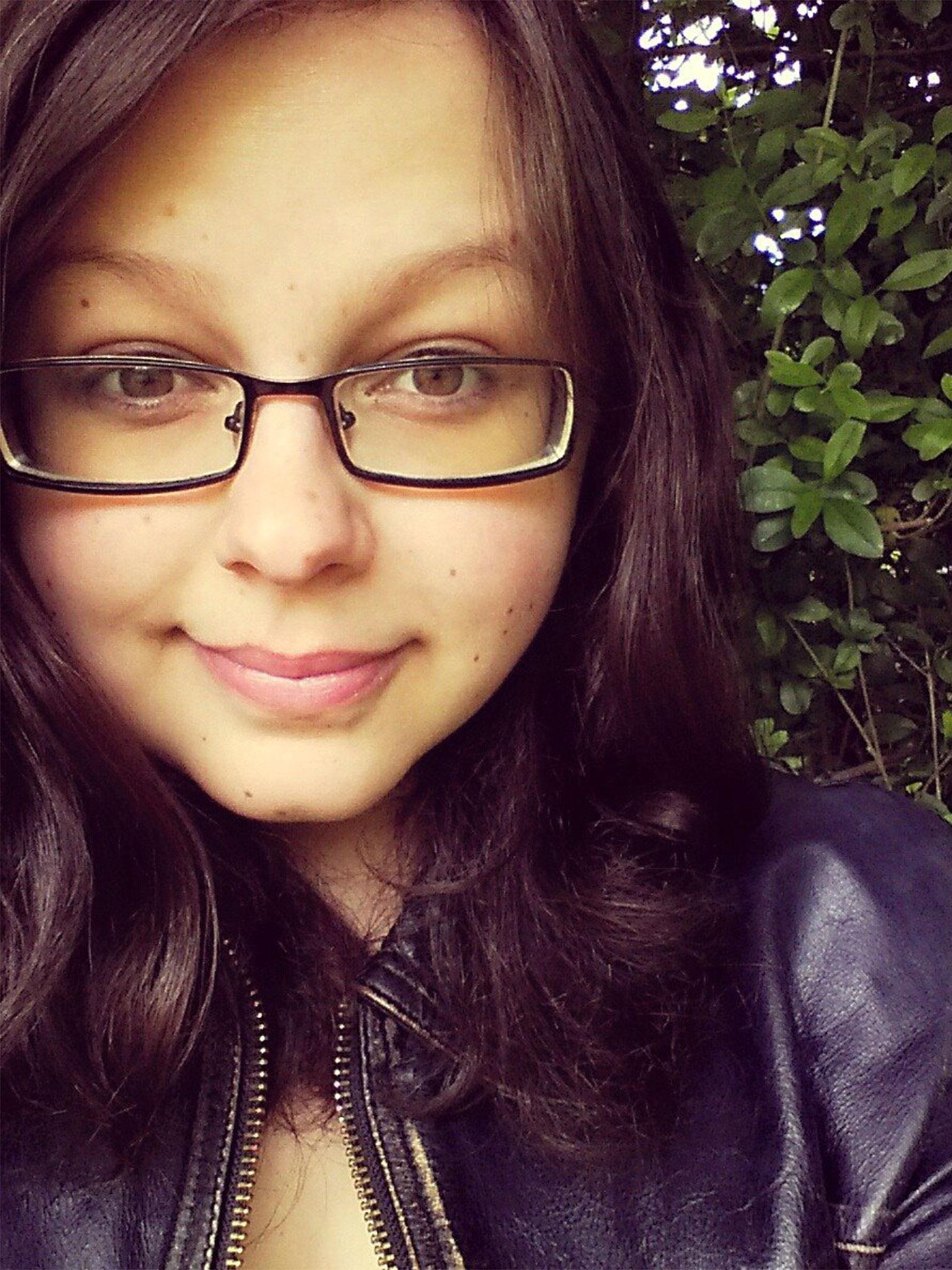Pokémon Go: How the game is helping players tackle anxiety and depression
It's only been out for a few days, but gamers say that Pokémon Go has already helped them cope with mental illness

Your support helps us to tell the story
From reproductive rights to climate change to Big Tech, The Independent is on the ground when the story is developing. Whether it's investigating the financials of Elon Musk's pro-Trump PAC or producing our latest documentary, 'The A Word', which shines a light on the American women fighting for reproductive rights, we know how important it is to parse out the facts from the messaging.
At such a critical moment in US history, we need reporters on the ground. Your donation allows us to keep sending journalists to speak to both sides of the story.
The Independent is trusted by Americans across the entire political spectrum. And unlike many other quality news outlets, we choose not to lock Americans out of our reporting and analysis with paywalls. We believe quality journalism should be available to everyone, paid for by those who can afford it.
Your support makes all the difference.Tempting mobile gamers into the great outdoors, forging new communities – there’s an app for that, apparently, and it’s called Pokémon Go. In less than a fortnight, the mobile app game – which currently is officially available only in the US, Australia and New Zealand – has achieved levels of success that most developers can only dream of. Just a day after its US launch, Pokémon Go had been downloaded onto more than 5 per cent of phones running the Android operating system – compared with 2 per cent for the ground-breaking dating app Tinder.
Pokémon Go’s recipe for success is a combination of nostalgia for Nintendo’s cute characters, first made popular in the 1990s, and the novelty of GPS-based augmented reality. The app co-opts the smartphone camera to lay Pokémon characters over the real world on-screen. Players must walk to find Pokémon (that’s their plural) in order to capture and train them. When players collect enough, they join one of three teams and battle characters at “gyms”: real locations that can attract dozens of players.
By luring stereotypically sun-starved gamers outdoors, Pokémon Go is being hailed for revolutionising the industry. But in an interesting twist, some gamers suffering from depression and anxiety have tweeted that Pokémon Go has helped to tackle their symptoms. “It can sometimes be really hard to find the motivation to leave the house if you're coping with mental health conditions,” says Lola Phoenix, a 28-year-old digital marketer based in London, who has managed to break into Pokémon Go in the UK. “What I like is that about Pokémon Go has encouraged me to go out more and do more things. That in turn has improved my mood, even just in five days,” says Phoenix, who struggles with anxiety and is on the autistic spectrum.
Similarly, 24-year-old Jesseanne Pope from Corvallis, Oregon, has found respite from the bouts of anxiety and depression. “I have not felt this energised in a very long time,” says Pope. “When Lure Modules [where players can temporarily catch wild Pokémon] are dropped in Corvallis, people flock to them.” You only have a limited time to catch these modules, Pope says: “Soon after one is dropped there are 30-plus people within a 5ft radius, all laughing and walking and connecting: elderly people, parents and their children, couples, dogs, high-school students and college students, people with all different gender expressions and racial identities.”

Pope, who’s seen strangers greeting each other by yelling the Pokémon catchphrase “Gotta catch ’em all!”, adds: “Both movement and social connection together, through the adventure that is Pokémo Go, allow me to build relationships, exercise, explore, learn, and have fun.” And it’s a reaction shared by Victoria Renee Wafe, a 23-year-old teacher from Baltimore, Maryland, whose condition can sometimes make it difficult to leave her room or interact with others, including her own family.
For Wafe, Pokémon Go is a wonderful way to reconnect with her childhood and explore Baltimore.
“I loved the show as a child. Now Pokémon Go allows you to catch Pokémon in the real world. I have visited parts of my own city I never have before with this game,” she says. “And for the first time in probably years I don’t feel nervous going up to people and starting up a conversation. I believe it is because I know we have something in common that’s fun too.”
Cautiously, experts agree that the health benefits of Pokémon Go and augmented reality games could be very real. “Outdoor activities can have huge benefits for wellbeing, and can even be as effective as antidepressants in treating mild to moderate depression and anxiety,” says Stephen Buckley, head of information for the mental health charity Mind. “Getting regular contact with people is also helpful as it can reduce loneliness and boost self-esteem. It is important, however, that gaming does not replace or damage genuine social relationships.”

More rigorously, Professor Daniel Freeman of the department of psychiatry at Oxford University believes that clinical tests are needed to prove the potential of augmented reality, but allows: “It could be used to refocus your attention away from threat by getting you immersed in engaging activity, or it could be used to present the things you fear for long enough to help your anxiety naturally decline. Combine the right psychological science and augmented reality and you’ll have a really powerful treatment tool.”

However, Dr Suzanne Gage, senior research associate at Bristol University’s School of Experimental Psychology, is more sceptical. “Of course, it’s great if people find it helps them, as individuals, and gets them out of the house,” she says. But can computer games change a person’s mental health? It’s far too early to tell, she says.
On a practical level, there is no magic cure for symptoms, explains a Rethink Mental Illness spokeswoman. “It is important to consider these [apps] as part of a broader toolbox of support available, including talking therapies and sometimes medication. Mental illness is complex and what works for one person won’t necessarily work for another, so it’s important people have access to the support that’s right for them, at the time they need it.”
Nevertheless, just a handful of days into what can already be rightly called a phenomenon, Pokémon Go has made a palpable impact. As Pope says: “It's a growing community, and an active community, and there is so much potential to turn it into more.” Over to you, Nintendo.
Join our commenting forum
Join thought-provoking conversations, follow other Independent readers and see their replies
Comments